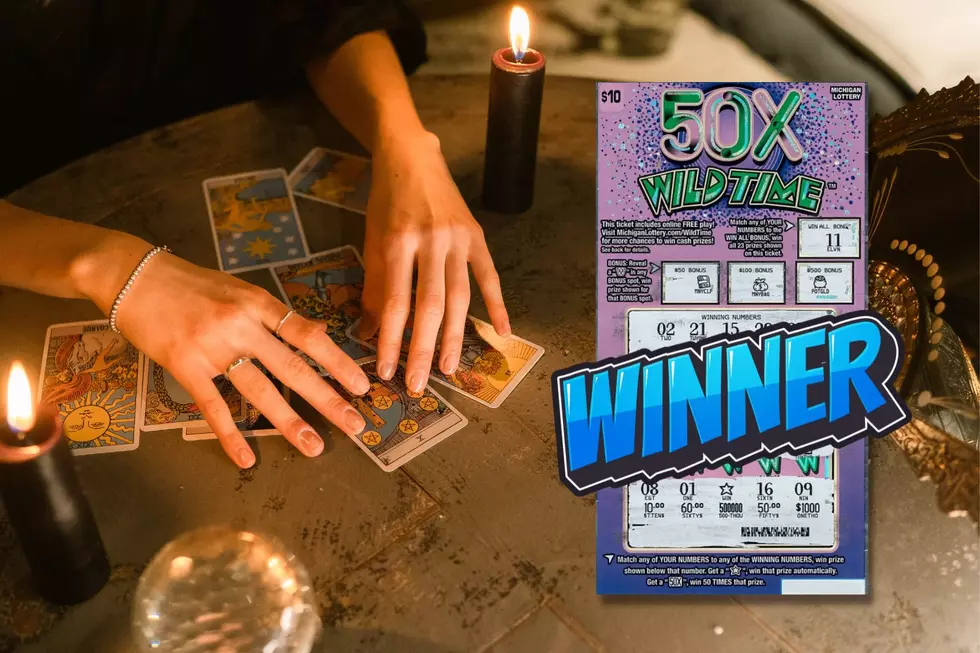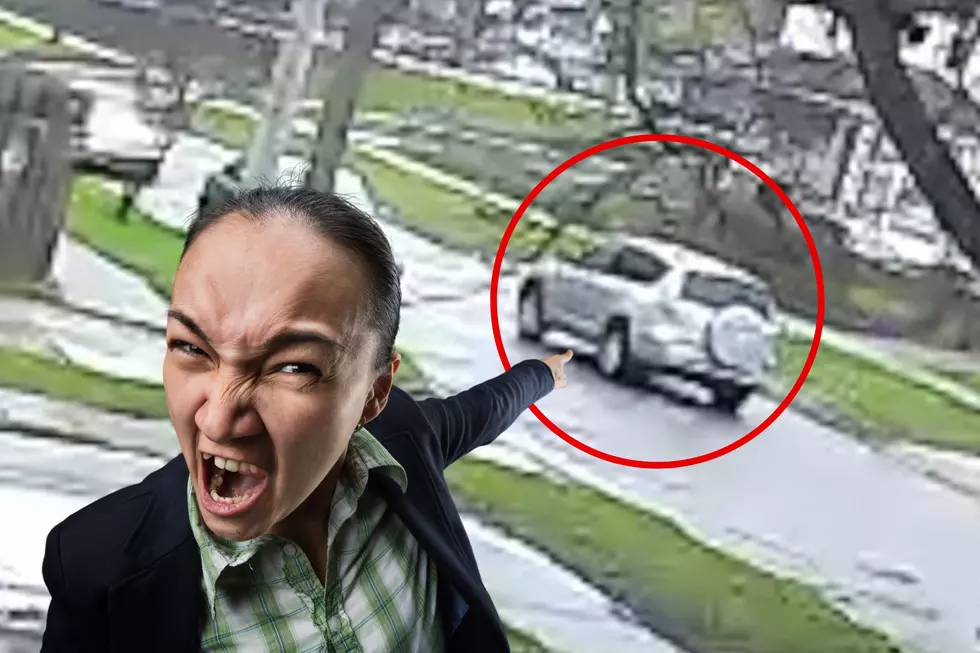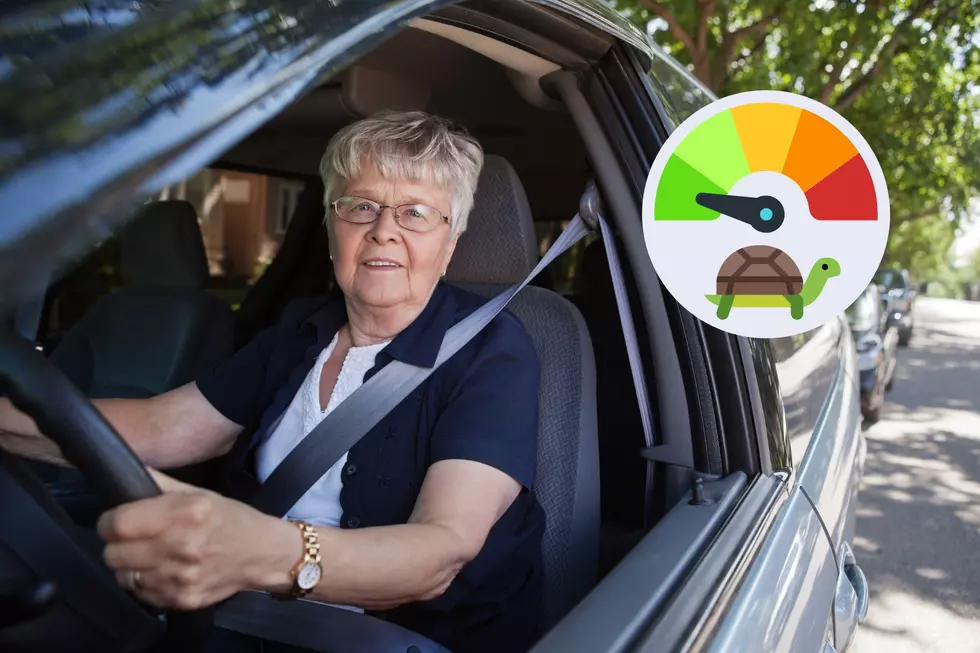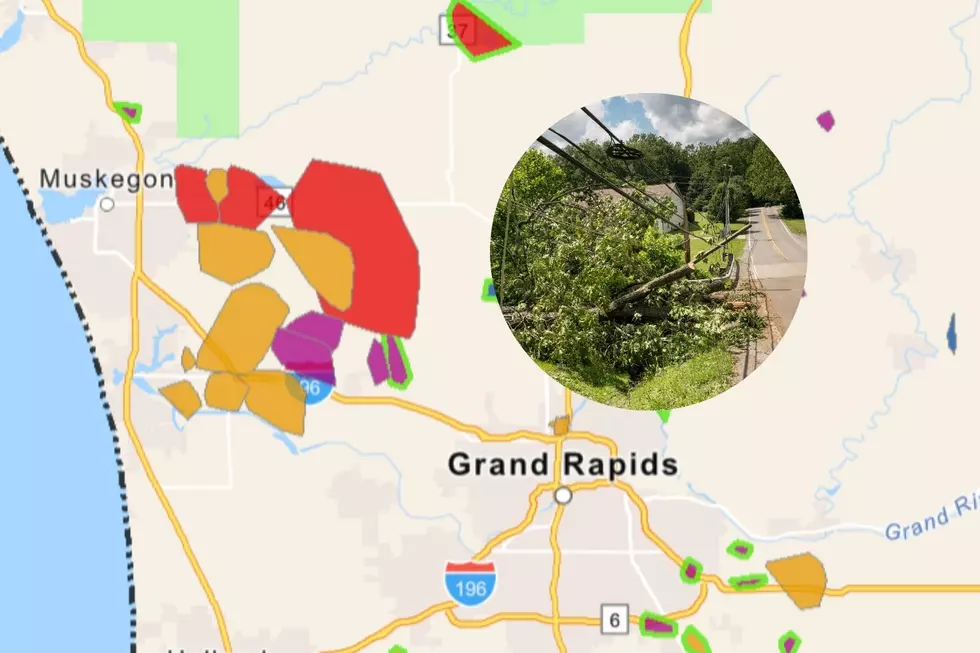
Once I Get The Vaccine, How Long Does It Last?
Probably the first question everyone has after they get both of their vaccines for the coronavirus is, how long does it last?
More than likely since we are all doing this experiment together in real time, scientists may not know yet on how long a COVID-19 vaccine may last. It also could vary from vaccine to vaccine. Not to mention the different strains of the virus may play a factor as well.
According to WOOD, vaccine researcher at the University of Washington Deborah Fuller said, "we only have information for as long as the vaccines have been studied. We have to study the vaccinated population and start to see, at what point do people become vulnerable again to the virus?"
Right now the lead dog in the pack of vaccines is the one made right here in Michigan, Pfizer. Scientists so far believe 6 months or longer for the Pfizer vaccine but the Moderna vaccine also has shown to last longer than 6 months once you get your second shot.
Right now the one shot Johnson and Johnson vaccine has been temporarily sidelined so it will be a while before we learn more about the length it will last. The AstraZeneca has had some issues so you will want to avoid that vaccine and for the most part, it is not an option at this point anyway because of the issues it has had with women.
The call on antibodies is still up in the air because there hasn't been enough data for scientists to determine how long they stay in your body but they do know at some point they do go away. If your B and T cells get a lot from the antibodies from catching the virus or getting the vaccine, they should be able to kick in faster to fight the virus because they could react more quickly.
Scientists believe the current vaccines will likely last for at least a year but don't think they will be a lifelong protector from the COVID-19 virus.
LOOK: The least obedient dog breeds
More From Mix 95.7










